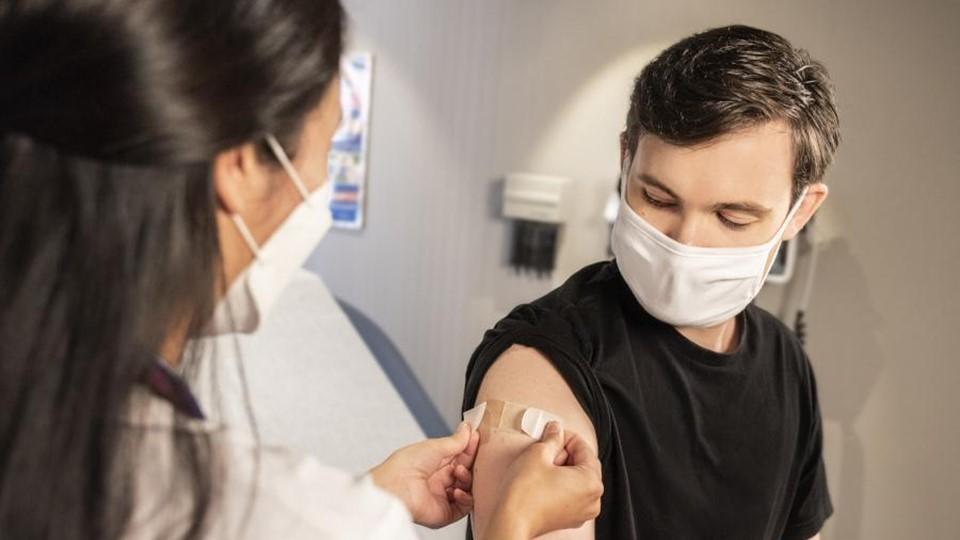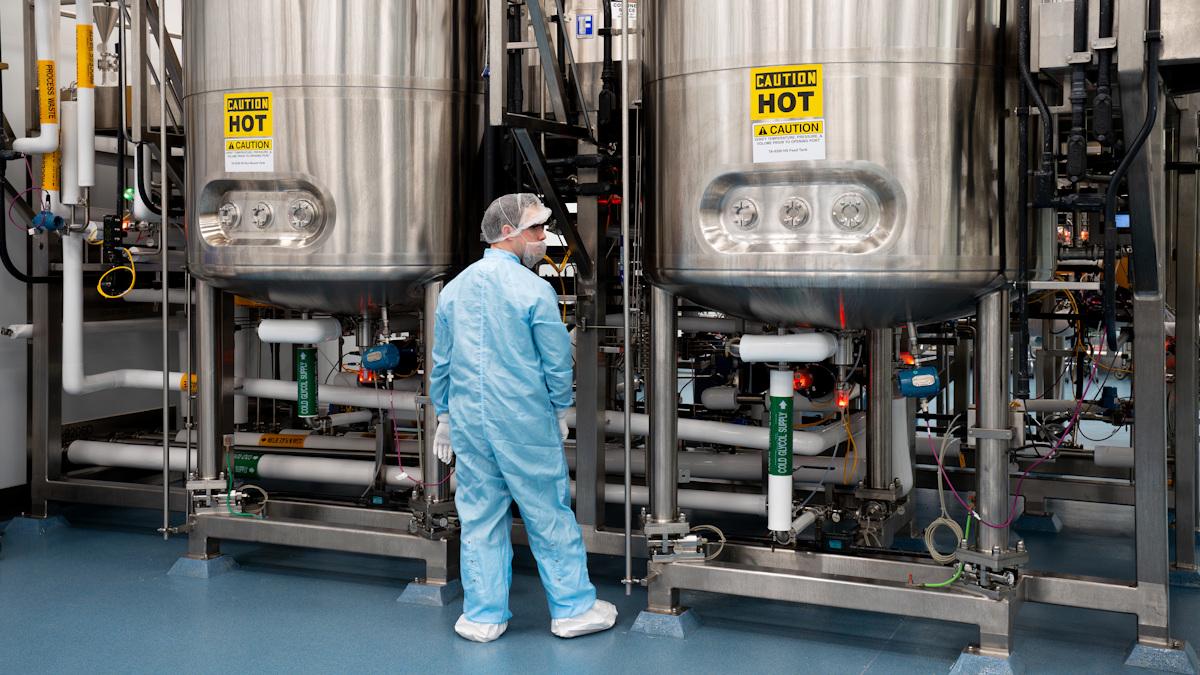One in five men carries HPV linked to cancer

Researchers have estimated that almost one in three men worldwide is infected with at least one genital human papillomavirus (HPV) strain, and one in five is harbouring strains that carry a high risk of cancer.
The results – from a meta-analysis of thousands of papers published in the scientific literature from the mid-1990s to 2022 – have led to renewed calls for men to be included in global HPV vaccination programmes.
The study found that HPV prevalence is high in men over the age of 15 years, reinforcing the view that sexually active men are a "reservoir" of HPV infection, and vaccinating them could contribute to the ultimate aim of eradicating cervical cancer and other HPV-related diseases.
At the moment, vaccination in the UK, for example, is available to girls and boys who are 12 to 13 years of age if they were born after 1st September 1991 and 1st September 2006, respectively, as well as for gay, bisexual, and other men who have sex with men (MSM) up to 45 years of age.
Access to vaccination is patchy around the world, however, and, while 45 countries were including men in their programmes last year, most still target only women, according to the authors of the study, published in The Lancet Global Health.
Moreover, there has been a decline in HPV vaccine uptake in recent years, partly attributed to the COVID-19 pandemic, but also to access issues, particularly in low- and middle-income countries.
Along with cervical cancer, HPV can also cause anal, genital, mouth, and head and neck cancers, as well as anogenital warts that can boost transmission rates and cause significant morbidity.
"The epidemiology of […] HPV in women has been well documented, [but] there are far fewer published reports on the epidemiology of HPV among general populations of men," write the researchers.
The overall prevalence of genital HPV infection was 31% in the analysis, with 21% infected with high-risk strains, and HPV-16 the most commonly encountered.
HPV prevalence in men peaked in the group aged 25–29 years and remained high until at least age 50 years, but was also high in the 15–19 years group, which suggests that young men are being infected rapidly following first sexual activity, according to the scientists.
First introduced in 2006, there are now six licensed HPV vaccines around the world, including MSD's Gardasil range and GSK's Cervarix.
Currently, the World Health Organization (WHO) recommends girls aged nine to 14 years as the main group for vaccination, with other groups including older girls, males, and MSM recommended "only if this is feasible and affordable, and does not divert resources from vaccination of the primary target population."
The WHO estimates that, if its recommendations are followed, 60 million cervical cancer cases and 45 million deaths from the disease could be prevented over the next 100 years.













